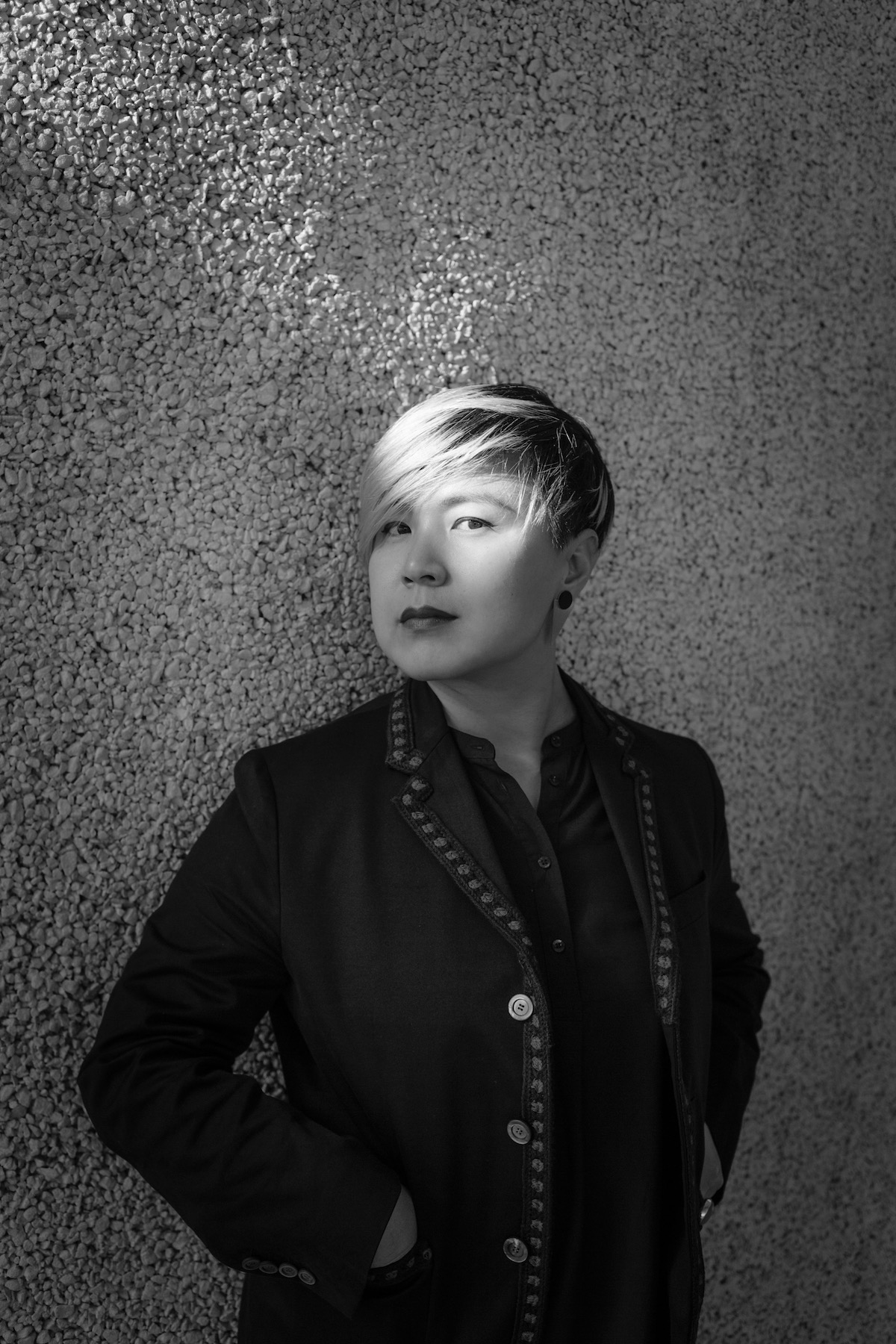This article was originally published online on 06 July 2021, and printed in the Humanity and Technology issue of British Journal of Photography, available to purchase through BJP shop.
As the artist scoops the £30,000 prize for her solo exhibition, Blueprint, we revisit an article in which she reflects on her life and practice
Cao Fei (曹斐) was born in Guangzhou, China, two years after the Cultural Revolution ended. Today, she lives and works in Beijing. The multimedia artist’s surreal and often humorous work explores the rapid social, cultural and technological developments in contemporary China. Recent exhibitions include solo shows at the Serpentine Gallery, London, and UCCA Center for Contemporary Art in Beijing.
Fei is nominated for the Deutsche Börse Photography Foundation Prize 2021 for her 2020 exhibition Blueprints at the Serpentine Gallery — a multi-faceted exhibition comprising new and existing works, which collectively explore the effect of technological advances on society, specifically in her native China. Her work is on show alongside that of the other three nominees — Poulomi Basu, Alejandro Cartagena and Zineb Sedira — at The Photographers’ Gallery, London, until 26 September 2021.
Here, she reflects on her life and practice to date.
I was locked down in Singapore during the pandemic. I missed my home in Beijing – I wanted to go back to China.
I don’t care about the art world’s attitude to my work. I don’t pay attention to it. I use technology in my work because it interests me and not because of any art world trends.
Some artists develop their style through studies. Others are born with a ‘stylistic’ personality, like a sense of humour. Perhaps I am a mixture of the two.
Mediums do not limit me. I am interested in multimedia. When I have an idea, I assemble a team to help make it happen.
If I wasn’t an artist, perhaps I would be a writer. But writing does not intrigue me as much as creating art. Or maybe I would be a film director. Perhaps every moving-image artist has a film-making dream. However, you realise the dream is not so wonderful when you get close to it.
Art does not answer questions of reality. And that is not my aim. Instead, art offers multiple paths for how we understand the world. Sometimes it helps us transcend it.
Chinese audiences have experienced the stories and emotions in my work. I was excited to see how a Chinese audience would respond to my most recent show, Staging the Era, at UCCA. To my surprise, the exhibition was popular on social media. It attracted the young generation, many of whom are not usually museum-goers.
Imagine the exhibition at UCCA as a stage or a city. The audience’s experience and their emotional responses were important. They could meet with people, and explore spaces and stories. Then stay in the moment that interests them. I think that is the most beautiful relationship between the viewer and art.
During the 1980s, when I was growing up, Guangzhou was at the forefront of reform. Hong Kong pop culture poured in, and that of other cultures outside Mainland China. I could watch MTV from Hong Kong – the singing and dancing fascinated me.
Guangzhou has undergone tremendous changes. My work discusses different aspects of pop culture and urbanisation. I’m especially interested in the experiences of human beings amid the rapid developments.
Compared to Guangzhou, Beijing is [China’s] political centre. I can deal with more substantial themes and grand narratives now that I live there. I have been working on the project HX for the last few years. It explores the history of the Chinese electronics industry through my research of a Beijing neighbourhood.
The boundary between the virtual and the real is becoming obscure. As we accept that virtuality is also part of reality, it will be the multiverse of our future existence and perception. We will have a broader understanding of reality, space and temporality.
Reality is too heavy and time is too long. The surrealism in my practice allows people to escape.
Art probably shouldn’t do anything. And we shouldn’t expect it to. Its uselessness is a reflection of our utilitarian and meritocratic society.

